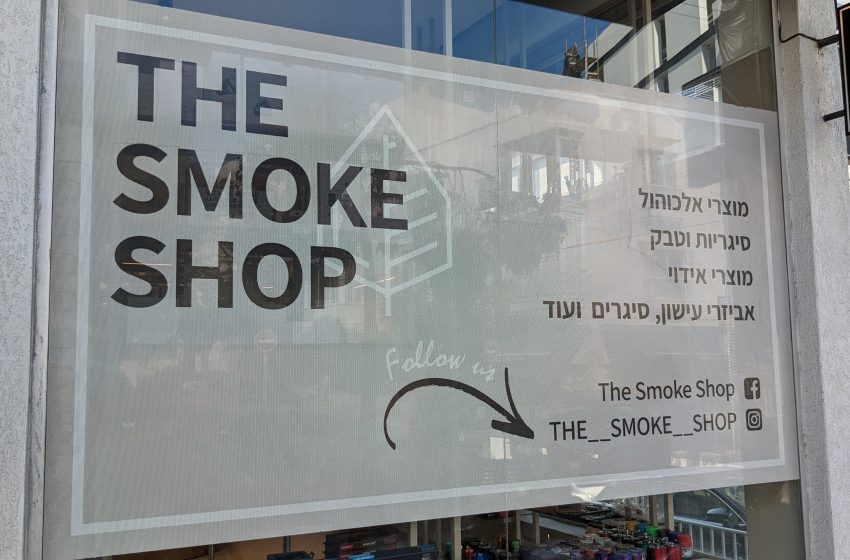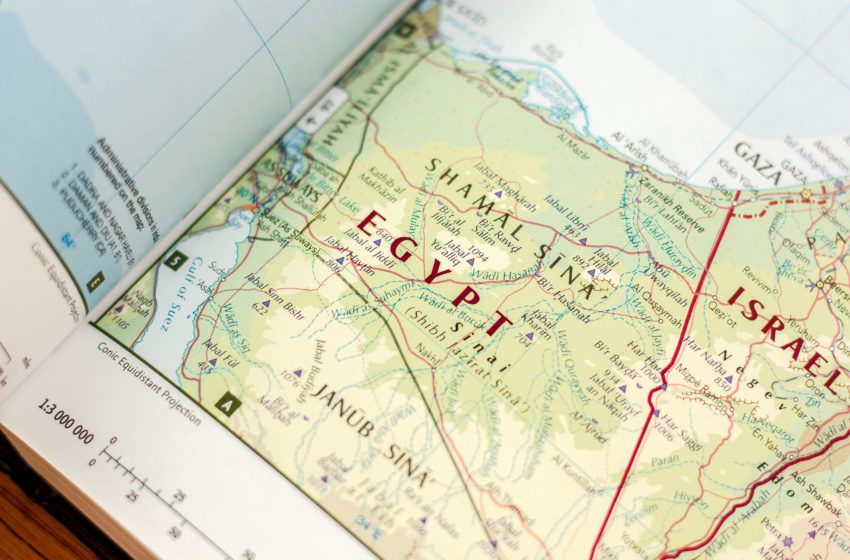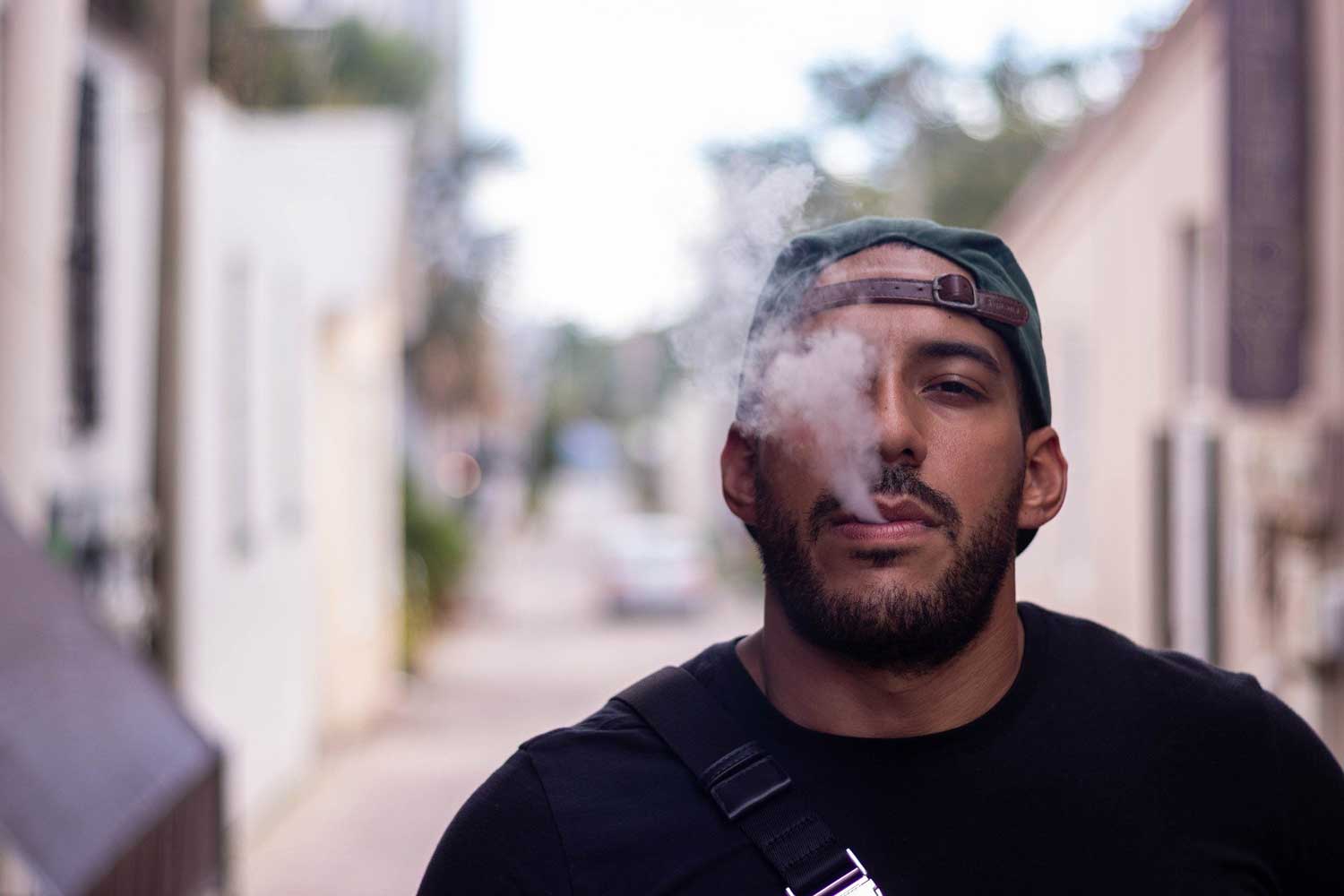
The vaping markets in Egypt and Israel vary, but both are thriving and helping smokers switch.
By Norm Bour
The Middle East has always been full of smokers, and vaping has made an impact, but not to the same degree as other countries. While in Israel, I visited a few vape shops in Tel Aviv and Jerusalem, and there were some immediate similarities between them and the U.S. There were also significant differences.
Mendel Silverman works at the Drop Shop in Jerusalem and has been in the business for several years. When Silverman moved from the U.S. to Israel, he took up hookah—until he realized how unhealthy it was and switched to vaping.
“The industry is very robust, and unfortunately one of the biggest weaknesses is customer service,” he confessed, though that has been the bane of the vape space since the beginning. “We are lucky because we still have enough leeway to offer our own [e-liquid] mixes in a variety of nicotine levels, from 0 to 18 and about a dozen in between. And [nicotine] salt is a big seller, even though the regulators have made it more difficult and taxed the hell out of it.”
Both Israel’s finance and health ministries aimed to tax vaping products at the same rate as cigarettes. Maintaining that vaping is just as dangerous as smoking, the health ministry initially sought an even higher tax. According to Israel Hayom, an Israeli news outlet, Finance Committee chairman Alex Kushnir “reduced the conversion formula by 30 percent compared to what the Ministry of Health wanted.”
That tax comes out to be ILS21 ($5.75) per millimeter, which equals 270 percent of the wholesale cost, plus $4.94 per milliliter of e-liquid, which is the second highest e-liquid tax rate in the world.
E-cigarettes and e-liquids are regulated in Israel under the Tobacco Act, and they are subject to the same restrictions as combustible cigarettes. However, Israel’s health ministry has recently discussed the possibility of banning marketing of electronic cigarettes. The ministry said, “options are being examined due to two difficult cases and the widespread phenomenon,” referring to the increase of youth using e-cigarettes.
Watching Silverman add ingredients to a bottle of base—basic PG and VG—was a throwback to the U.S. pre-restrictions days when vape shops in the U.S. could do the same thing.
“We don’t sell any off-the-shelf flavors,” he shared. “But we can add menthol, flavors and nicotine to match (consumer) needs, and we can sell it cheaper than if we sold a name brand bottle that was complete.”
The owner of Drop Shop started the business selling products from the trunk of his car 10 years ago, a theme that appears to recur worldwide. As demand grew, he opened his first retail shop, which was robust until 2019 when the government banned importation of e-liquids with more than 2 percent nicotine. That devastated the business, so Silverman started creating his own flavors, paid tax on the nicotine and moved into a smaller shop.
Like their counterparts elsewhere, Israeli regulators justified charging higher taxes with the need to curb sales to minors, but such measures are usually equally driven by a desire for money. Even though the market is hurt, sales to all age groups continue, and the taxation affected cigarettes as well but not to the same degree.
Universally, excessive taxation of nicotine has created an underground movement in Israel, with many vapers making their own juices. It also pushed many vapers back to smoking. I shared my surprise at seeing many “religiously dressed” people smoking. “The yeshiva world, which involves the study of the Torah and Rabbinic text, has always been heavily into tobacco because it also includes the social aspect of it,” explained Silverman. Students and practitioners gather in coffee shops and similar places, and they all smoke together. In many cases, they do not have much of a life outside their studies, so tobacco is even more significant.”
According to the Israel Ministry of Health, smoking rates of the 21-plus crowd have been hovering at about 20 percent for several years, including a large percentage of military members. We finished our conversation by talking about the game changer of the past few years: disposable products.
According to Silverman, most Israeli consumers are looking for the simplest way to vape, but they have more interest in the nonrefillable versions even though they are more expensive.
The bottom line for vaping, taxes and smoking in Israel is that most things will probably remain status quo until or unless something seriously rocks the boat.
Over the Border
The vape scene in Egypt is totally different. For many years, vape products were illegal and mostly underground, but that changed in May 2022 when vape products were legalized. Considering that the industry is very much in its infancy, it still has a ways to go.
“The lifting of the ban highlights the Egyptian authorities’ progressive approach to e-cigarettes and sets the stage for the creation of a regulated market rich with business opportunities through serving the demand for easily accessible, quality products by legal age (adult) consumers across the country,” wrote RELX International, a leading player in the segment, in a statement last year.
With its decision to legalize vaping, Egypt joins global and regional markets, such as Kuwait, Saudi Arabia and the United Arab Emirates, which have also legalized and commercialized the consumption of e-cigarettes. As regulators around the world become more accepting of e-cigarettes, the market is expected to continue its steady growth in the coming years.
To complicate the situation, Egypt has a considerable problem with counterfeit products, so it appears that regulated and ethical vape shops have a huge obligation to help smokers quit.
In Cairo, a city of 22 million people, the vape scene is a wide-open opportunity, but finding a vape shop, a true vape shop, proved challenging. Google calls them “vape shops,” but they are more like small kiosks with a limited selection of products.
Many Egyptians are familiar with vaping and the advantages it offers, but true knowledge is rare, and even in a city that large, there were only a handful listed. However, by lifting the ban on e-cigarette products, Egyptian authorities have opened the door to a plethora of business and investment options, according to RELX International.
“Authorized e-cigarette products are traditionally retailed by small-sized and medium-sized businesses, so the move will bolster existing businesses that sell such products and will attract entrepreneurs wishing to set up new retail points across the country. It will likewise draw investment into the country from e-cigarette brands who wish to set up shop in the country and address the market,” the company wrote in its statement.
How much vaping will be embraced by smokers is another story. One in four Egyptians smokes, a ratio that has remained consistent for the past two decades. As high as that number is, Egypt remains near the bottom of the 20 countries with the highest percentages of smokers.
Times are changing, though. In May 2023, the Egypt Vape Expo was held at the Cairo International Convention Center. This event marked the first legal e-cigarette expo in Egypt and attracted many players from B2B channels in North Africa and the Middle East, according to attendees. Many said the show was a success.
The Middle East has long been a black hole for the vaping industry, and it’s only recently that the government has opened the doors for entrepreneurs. However, the success of vaping businesses remains to be seen.
Norm Bour is the founder of VapeMentors and works with vape businesses worldwide. He can be reached at norm@VapeMentors.com.







